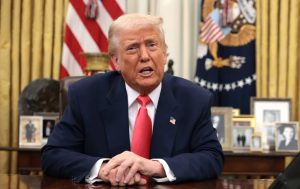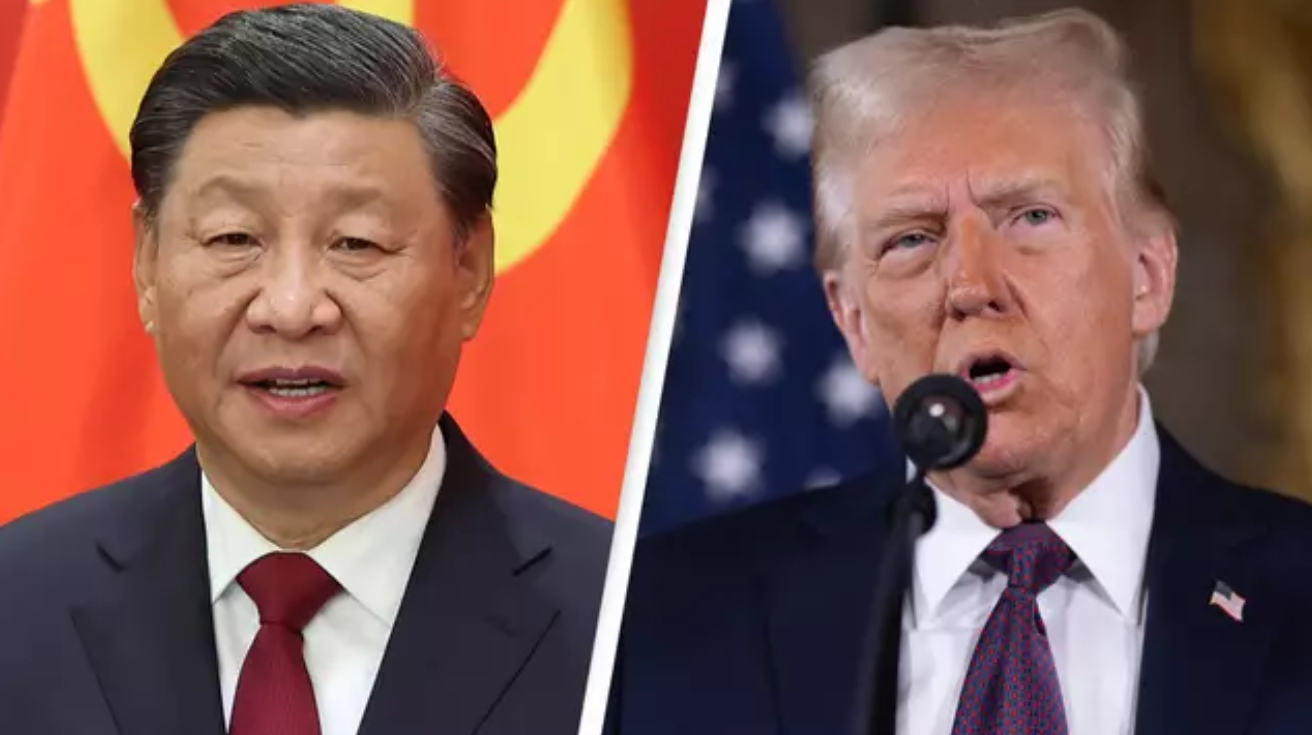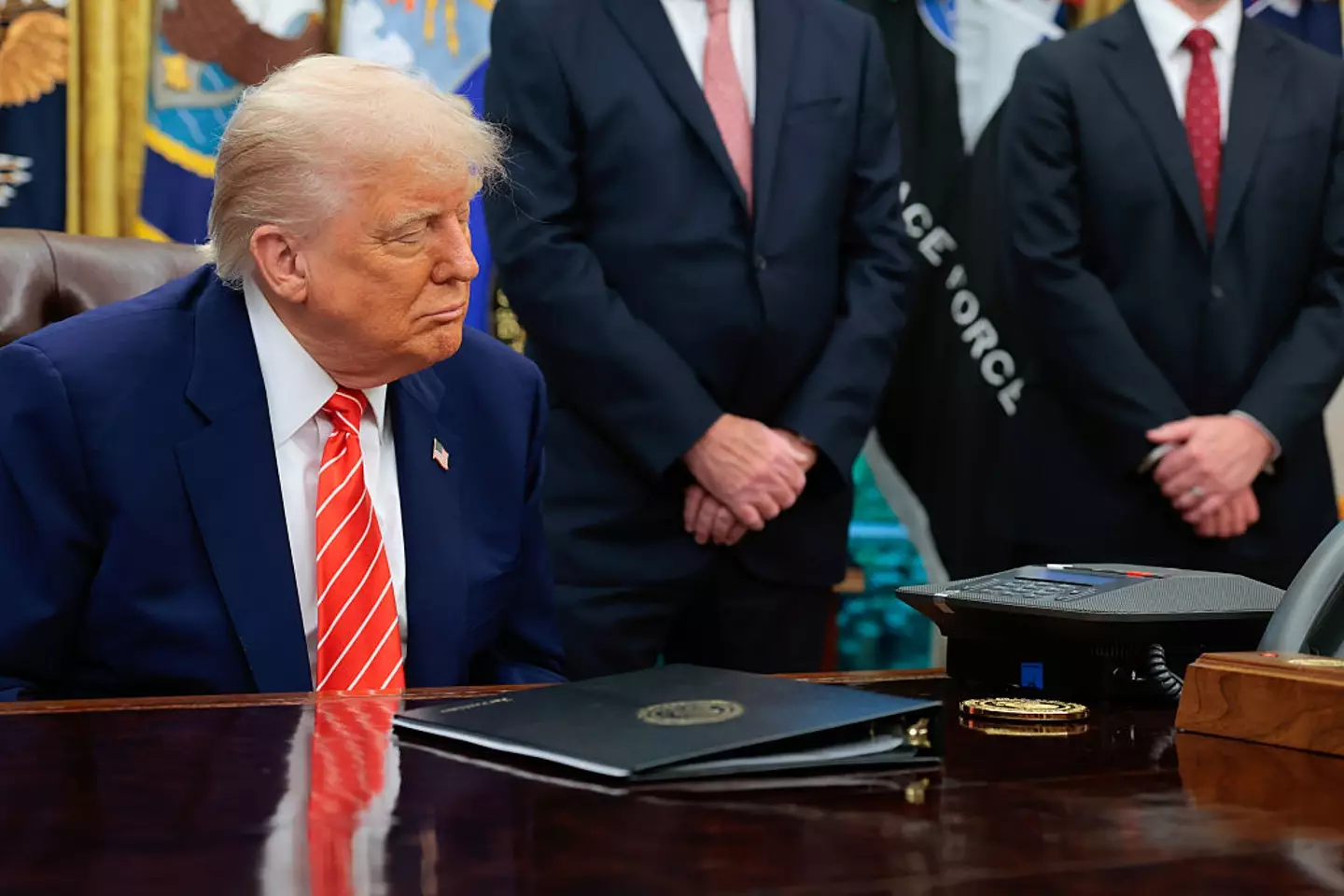
China Warns of Retaliation
The Chinese Foreign Ministry wasted no time in criticizing the pact, stating that “co-operation between states should not come at the expense of third parties.”
This follows a stern warning from China’s Commerce Ministry last month, which declared:
“China firmly opposes any party reaching a deal at the expense of China’s interests.”
In a statement to the Financial Times, the Ministry warned that such behavior would provoke a strong and targeted response, invoking a Chinese proverb:
“To seek one’s own temporary selfish interests at the expense of others is to seek the skin of a tiger — it will ultimately fail and harm all parties involved.”
Beijing is particularly concerned about provisions within the US-UK deal that encourage Britain to remove Chinese components from its supply chains, a move China sees as part of a broader US strategy to economically isolate Beijing.
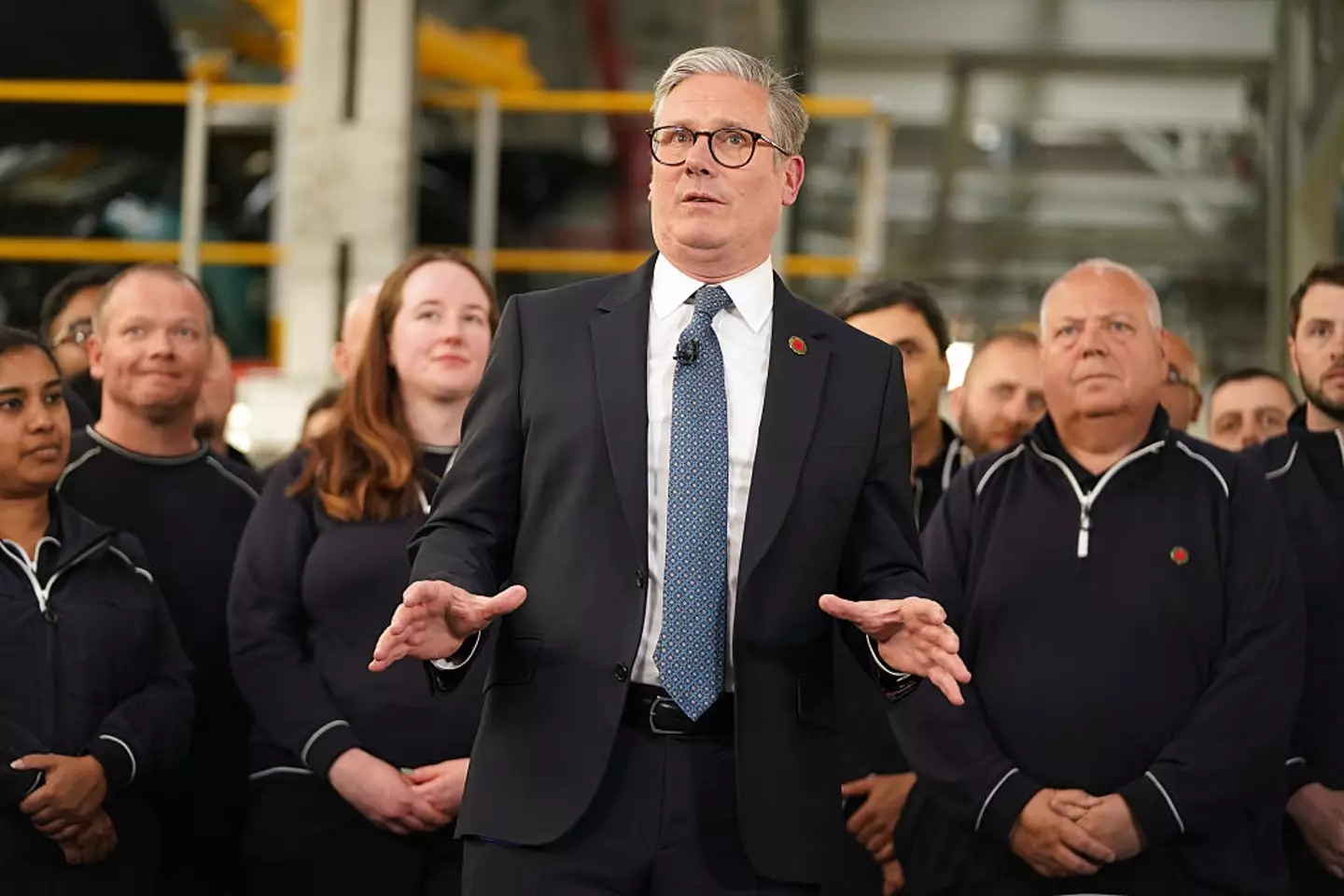
Trump’s Tariff War Enters a New Phase
The deal comes just weeks after President Trump imposed a fresh wave of “reciprocal” tariffs on trading partners, sparking renewed tensions with Beijing. Although a temporary 90-day truce was agreed upon — and some tariffs were reduced from 145% to 40% — the underlying rift remains.
Despite the pause, China has accelerated plans to purge foreign-made components from key industries and is urging its allies to avoid entanglements with Washington that could disrupt Beijing’s economic stability.
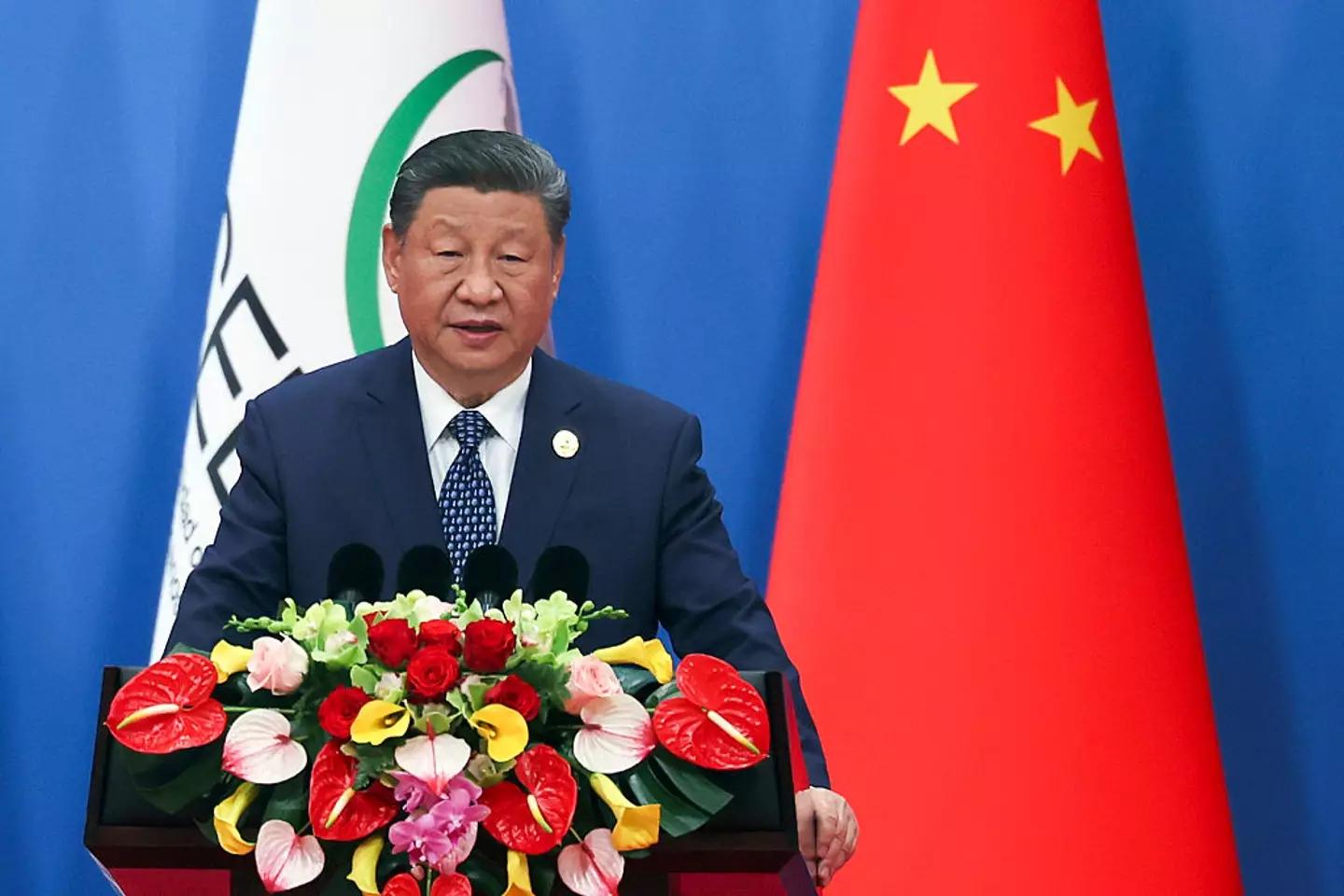
UK in a Delicate Position
Prime Minister Starmer defended the agreement as a means to “secure thousands of jobs” and shield the British economy from broader global shocks. The deal provides sector-specific tariff relief, though Trump’s baseline 10% levy on all other UK goods remains intact.
However, critics note the agreement comes with strings attached. Britain must “work to promptly meet US requirements” on supply chain transparency and ownership of manufacturing facilities — conditions many see as a direct attempt to push out Chinese influence.
Beijing Signals Strategic Talks
Senior Chinese economic voices are now calling for direct confrontation of the issue.
Zhang Yansheng, chief researcher at the China Academy of Macroeconomic Research, said:
“This is worse than tariffs. The UK should not have rushed this deal. The underlying problem is the US — other countries are merely supporting actors.”
He urged Beijing to “bluntly raise the issue” in future negotiations with both Washington and London.
Meanwhile, Chinese President Xi Jinping is facing mounting pressure at home to engage the UK in urgent dialogue, with fears rising that Britain’s alignment with US trade policy could spell long-term damage to Beijing’s access to European markets.
What’s Next?
With the trade war now spilling into diplomatic territory, analysts warn that China’s next move could involve counter-deals, sanctions, or further restrictions on Western firms operating in the country.
Though the UK has insisted it still values trade and investment with China, its alignment with Trump’s aggressive trade posture signals a possible shift in priorities.
“Where the strong prey on the weak, all countries become victims,” China’s Foreign Ministry warned — a statement many interpret as both a caution and a threat.
The geopolitical fallout from the US-UK deal could ripple far beyond tariffs and trade, as Beijing recalibrates its global partnerships in response.



